Having a great mentor makes a big difference. Mentorship is one of the top factors new graduates consider when choosing their first job, and it is a prominent contributor to future professional success. Research by Gerard Roche found that 2/3 of the 1,250 top executives he surveyed had a mentor. These mentees had:
- 28.8% Increase in Salary
- Received 65.9% Higher Bonuses
- Were Happier Overall With Their Career
This appeared to be even more important for female executives. In Roche’s study, all successful female executives had a mentor.
Why Is Mentorship So Important?
First, we don’t have time to make all of the mistakes or discoveries ourselves. It’s a much better strategy to learn from the struggles and successes of others. Second, mentors help us explore our knowledge more deeply. They are our cherished sounding boards. They help us make connections, offer a unique perspective and fill in the little gaps of information we didn’t realize we were missing. When they take on the role of teacher, as some mentors do, they can help us learn new concepts or skills at an accelerated rate. But the most important aspect of mentorship is the relationship mentors bring to learning. This added emotional component makes learning fun, drives us to be better and helps us overcome the frustrations associated with learning something new.
How Do You Become A Great Mentee?
To realize the full benefits of mentorship, you not only need to find the best mentor(s), you need to be the best mentee. Remember, mentorship is a relationship and relationships require nurturing from both people to reach their full potential. Here are a few tips to help you bring the most to your mentor-mentee relationships.
Be A Worthy Mentee | Many of us had mentors before attending veterinary school. We found those mentors by sharing our passion for veterinary medicine and our drive to become excellent doctors. We were worthy mentees. We did everything we could to advance our career before asking for guidance, and we made sure others knew about our goals and our efforts to achieve them through outreach. Our outreach efforts may have included volunteering at the clinic, participating in research, or taking on a leadership role in 4H or FFA.
Take Your Time Selecting A Mentor | It is tempting to want the most knowledgable person to be your mentor. But the best expert may not be the best mentor for you. Before setting your sights on a potential mentor, try to answer a few questions about them:
- Is this person a good mentor? Has he or she mentored other people before? How did it go?
- Is this person a good person to work with?
- Does your potential mentor’s style of medicine match your style of medicine (or the style of medicine you would like to practice)?
- Does your potential mentor’s style of mentoring match your style of learning?
Choosing a mentor who is a little bit scary or intimidating is often a good thing. For many people, this quality helps keep them motivated, focused and out of their comfort zone. It is also unlikely that a single mentor will be great at everything. This is why many successful veterinarians have more than one. Not only do they gain the benefit of diverse perspectives, they also avoid the detrimental path of replication.
Own The Follow Up | Forming a mentorship takes time. As the potential mentee, it is your responsibility to keep growing the relationship in its early stages. If you do not already know your potential mentor, don’t be offended if it takes several meetings before he or she remembers you. Names and faces can be easily forgotten by busy people. When you follow up, re-introduce yourself and remind them about the project or case you had previously discussed. Follow up is equally important for individuals that already know their potential mentor.
According to Eric Barker, author of Barking Up The Wrong Tree, “You need to consistently hit them [potential mentors] with a conversation defibrillator to keep the relationship alive but without being a nuisance. Do what they said, get results, and let them know they made a difference.” Asking good questions is another way to keep the conversation going. These questions should require the unique insight this mentor can provide, and should not be something that could be easily Googled or found on VIN.
Value Your Mentor’s Time | Great mentors are busy. And you, as the potential mentee, are asking for a piece of their limited time for free. It is very important that when you receive it, you are ready. Like we discovered earlier, make sure that you are brilliant in the basics before seeking advise. A great mentor can quickly help you improve a surgical technique but they don’t have time to teach you the basic principles of anatomy or surgery. When asking for career advise, it is better to ask for insight on your well-thought-out strategies than to simply ask them what to do.
A good mentor understands that you don’t have all of the answers and may be struggling with new concepts or skillsets. What they want to see is that you are doing everything you can to achieve your goals and you are not just looking for a quick solution or an easy answer.
Make Your Mentor Proud | Being a mentor is a big deal for many professionals. It offers them a chance to give back to the next generation of leaders and sets them apart professionally (they are not only great at what they do, they are great at training others). When you share your successes with your mentor and let them know how valuable their guidance was in achieving your goals, everyone benefits from the relationship.
Courageous leaders are strong because they know they don’t have all of the answers and they don’t have total control. They do, however, have each other and a just cause to guide them.”
—Simon Sinek
It doesn’t matter if you are a veterinary student, the owner of a practice or a member of the kennel staff, if you want to be better, building your mentorship team is a critical step. Take the time to get to know the amazing potential mentors in your own network or here on Harbor.







Responses
Awesome article – thank you so much for the post! I think we often put all the pressure on mentors/supervisors to be great teachers, but we do not always take responsibility for being great students. Love the focus here.
Thank you Sara for your comment! Mentorship is such an important part of our professional development both early in our career and throughout it. Looking back at the incredible mentors that have helped me grow, it really is the relationship component that makes mentorship so special. And, like any relationship, we benefit the most when both parties really participate.